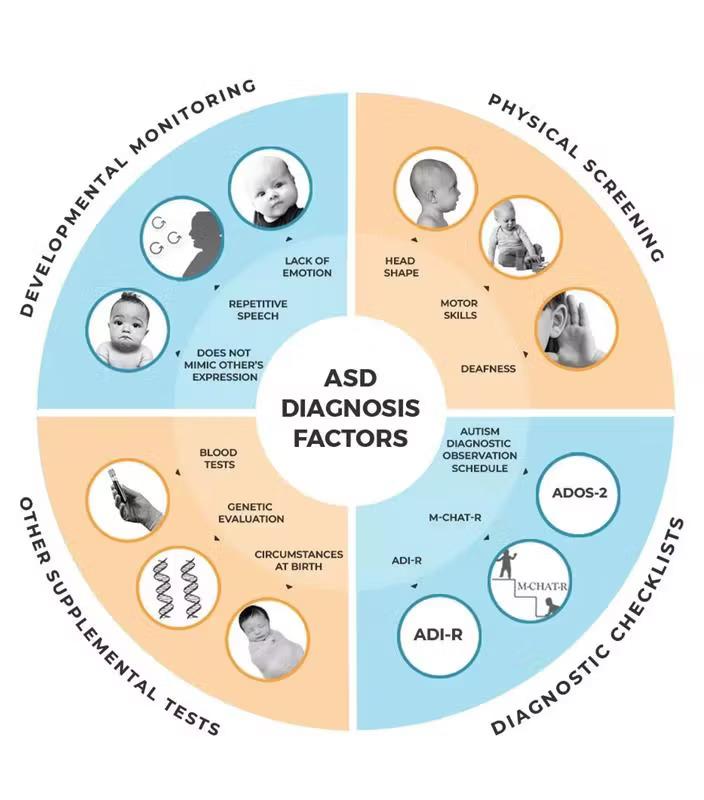Autism Early Signs: Understanding the First Signs
Autism Spectrum Disorder, or ASD, is a neurodevelopmental disorder affecting how a child communicates, interacts, and observes the world around him/her. Knowing the early signs of autism can make substantial differences in a child’s development and overall quality of life. Early detection helps the parents provide timely therapy and support for their children to help them reach their full potential.
What Are the Early Signs of Autism?
Every child may vary in development, but some autistic children may show some patterns of behavior and deviations in development. Normally, the early signs of ASD manifest between the age of one and two years, although some signs may be noted even earlier. Among the most common signs are:
- Delayed speech or lack of babbling - A child does not say simple words like 'mama' or 'dada' until 18 months, or stops using words he or she had earlier used.
- Minimal to no eye contact - This may be colored by children avoiding eye contact during social interaction.
- Inconsistently responds to name - These children may not respond to their names when called.
- Repetitive behaviors - Includes hand flapping, rocking, spinning objects, or saying the same thing over and over again.
- Inability to socialize - They prefer solitary play and find it difficult to share attention with others or to engage in pretend play.
- Unusual reactions to sensory stimuli - Some children may seem overly sensitive to sounds, lights, or textures, whereas others may seek strong sensory stimulation.
- Restrictive routines - An aversion to change and upholding of routines might be an early discovery.
It is also worth noting that showing one or two of the above-mentioned signs does not mean that a child has autism. Rather, the consistent showing of these patterns affecting several developmental domains would seriously warrant professional assessment.
Why the Acceptance for Early Detection?
Being diagnosed early allows families to start interventions at a time when the brain is developing the most. With an early start in therapy, like speech therapy, occupational therapy, and behavior therapy, communication and social and cognitive skills can improve significantly. Many of the children who receive help at such an early age make extraordinary gains in the adaptation of their life style and in learning environments.
Autism Care in Bangalore: Support and Resources
One can find various specialized centers and professionals for autism care in Bangalore who conduct diagnostic assessments, therapy, and family support. Many of these clinics offer a multidisciplinary approach combining developmental pediatricians, psychologists, therapists, and special educators. They also provide specialized therapy plans per the needs of every child.
Furthermore, parent-training programs and support groups become useful in helping to empower families with knowledge and coping skills in Bangalore. Children with autism can flourish socially, emotionally, and academically when provided with early intervention and continuous support.
Final Presentation
Recognizing the early signs of autism is the first step toward helping your child lead a fulfilling life. If you notice developmental delays or differences in your child, don’t hesitate to consult a specialist. Early intervention, combined with compassionate and structured autism care in Bangalore, can transform challenges into opportunities for growth and independence.

